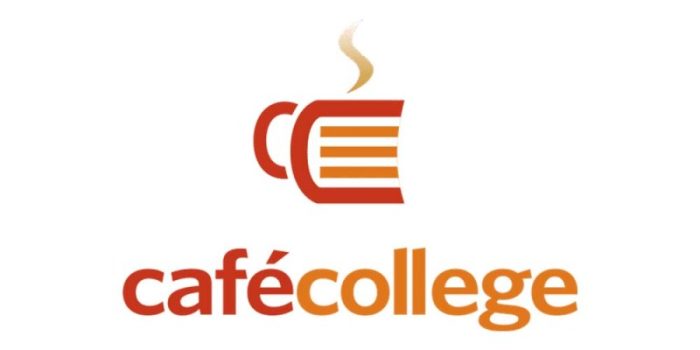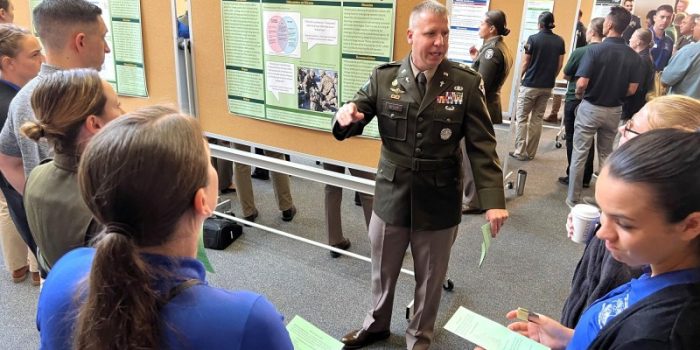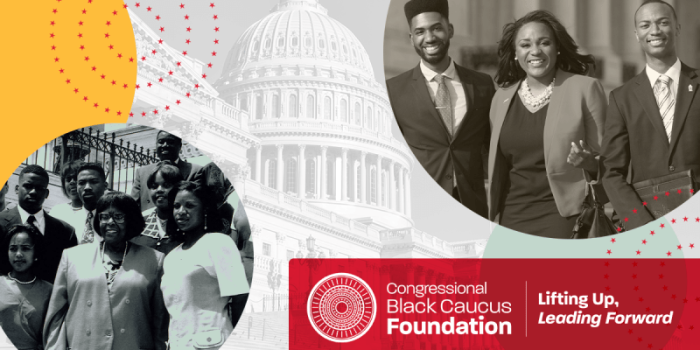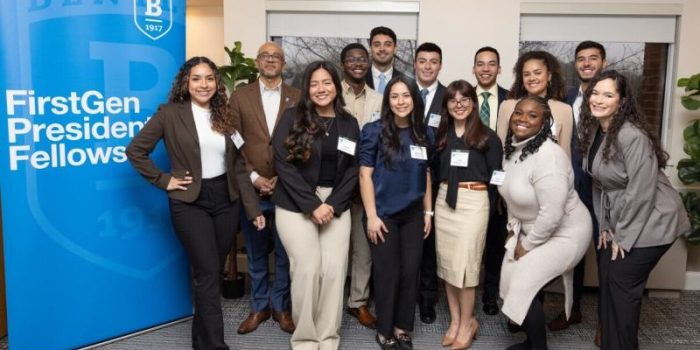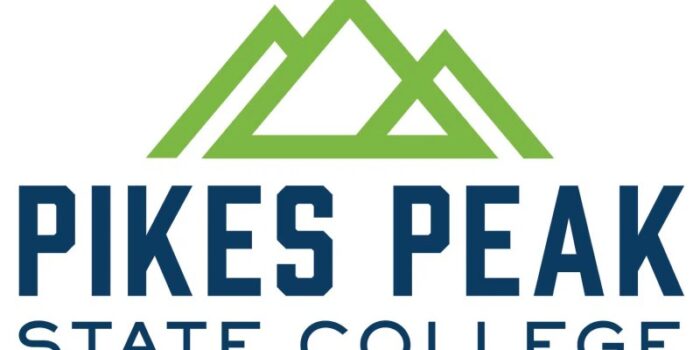College Scholarships For African American Students Studying Engineering In Atlanta – Being a black student at a university where the student body and staff are predominantly white is not easy. Although the days when black citizens were excluded from society and had little chance of getting into universities are long gone, many students feel strong enough to overcome the prejudices and stigmas that still exist against these institutions. .
The road there may seem even more difficult and difficult. Very high tuition fees are often a major factor in high schools that prevent students from continuing their education or even dropping out later.
College Scholarships For African American Students Studying Engineering In Atlanta
However, in addition to the fact that people with a college degree are more likely to get high-paying jobs, research shows that this group of people, regardless of race, has many advantages in life. College graduates are more likely to experience job satisfaction than those without a degree. They are also more health conscious, better citizens, and happier than those who have not earned a degree.
14-year-old Boy Graduates From High School And College On The Same Day, Set To Earn Phd In Chemical Engineering
The path to a diploma or professional degree for Black students comes with many challenges and can sometimes seem impossible. However, in the century we live in, all American and European universities and colleges admit black students just like any other race, but prejudice and stigma still exist among students in these institutions.
College access for black students in the United States increased from 11.7 percent to 14.5 percent between 2000 and 2014, according to a 2015 U.S. Department of Education report. The quality is unacceptably high.
The first step in pursuing higher education is to decide what you want to do in the future. The process may seem simple, but it is actually the most important. All other steps depend on this. There are many factors to consider when making this decision, which will likely shape your professional life.
Ask yourself: Am I doing this well? Is this profession right for me? Is this a sought-after degree? What kind of work can I do with this degree? How likely is it that I will get a job after graduation? To what extent can I make a difference in improving life in my community?
Atlanta Industry Funds Engineering Summer Camp At Uga For Minority Students
Deciding what you want to learn is the basis of everything. Once you’ve made your decision, you can move on to the next step: deciding which college you want to attend.
At a junior or community college, you can earn a certificate or associate’s degree. The degree is typically 60 credits long if you attend full-time for two years or part-time for 4 years. After graduation, many students enroll in four-year colleges or universities.
These are traditional colleges and universities that offer bachelor’s, master’s, and PhD degrees in four years. These institutions offer various courses and specializations. There are both public and private universities, the difference between which is that the former are funded by the government, which makes them more accessible.
Online degree programs are a great option for those looking for flexibility because they allow students to take courses online. Students are also allowed to take as many classes as they wish at any time.
Troubling Gaps In Hope Point To Need-based Aid Solutions
Career colleges are a great option for those seeking specialized training in trade or technical skills. Here, they can complete accelerated programs and begin their careers faster than at a traditional four-year college.
These are schools sponsored by religious institutions that are very similar to traditional four-year universities. They often integrate religious beliefs into the social or academic lives of their students.
These are colleges that offer higher education with an emphasis on military discipline and may be funded by the government or the private sector. Since students at these institutions receive free tuition, they are very selective and have many requirements. They also accept a very limited number of students.
Historically Black colleges and universities (HBCUs) are institutions of higher education in the United States founded in the 19th century.
The Top 10 Hbcus With The Best Stem Programs
Today there are 101 HBCUs in the United States, including public and private institutions. However, in the 1930s there were 121 institutions of this type. Of these institutions, 27 offer doctoral programs and 52 offer master’s programs. Of these, 83 students were awarded a bachelor’s degree, and 38 were awarded an associate’s degree. Although they were created primarily for the higher education of black students, they admit students of all races.
U.S. News ranks the quality of higher education at the top Historically Black Colleges and Universities currently listed as HBCUs by the U.S. Department of Education. The top ten includes:
The private institution was founded in 1881 in Atlanta. It is the oldest historically black women’s college in America. It has a total student enrollment of 2,125 and tuition and fees of $28,181 per year.
A private institution in the heart of the District of Columbia, founded in 1867. Tuition and fees are $25,697 per year. The school offers a wide range of educational options for men, women and housing both on and off campus.
Online Learning And Continuing Education
The private institution was founded in 1868. The total number of undergraduate students is 3,836. Tuition and fees are $25,442 per year and it offers more than 80 undergraduate and graduate programs, including graduate programs in health sciences and physics.
A private establishment for men, founded in 1867 in Atlanta. It has a total student population of 2,108 and tuition and fees of $27,278 per year.
A private institution founded in 1915 in New Orleans, Louisiana. It has a total student enrollment of 2,327 and tuition and fees of $23,606 per year.
A government agency founded in 1887 in Tallahassee, Florida. It has a total student enrollment of 7,769, in-state tuition and fees of $5,785 per year, and out-of-state tuition and fees of $17,725 per year. The university offers approximately 60 undergraduate programs in a wide range of disciplines, including architecture, journalism, and psychology, among other undergraduate majors.
Mental Health For Black And African American Students
A private institution founded in 1881 in Tuskegee, Alabama. Tuition and fees are $22,235 per year. Its campus is the only historically black college campus in the country to be designated a National Historic Landmark.
This is a government agency founded in 1891. Its total student enrollment is 9,668, and its annual in-state tuition and fees are $6,526 and out-of-state tuition and fees are $19,416.
The private institution was founded in 1869. It has a total student enrollment of 1,905 and tuition and fees of $16,098 per year.
A private institution founded in 1866 in Nashville, Tennessee. Its total student enrollment is 723 and its tuition is $21,480 per year.
Clark Atlanta University Receives $1 Million Endowment Gift From The Bernard Osher Foundation
Higher education can be very expensive. No matter how much you save while studying, it is very difficult to cover all expenses. However, there are many ways to pay for your education, even if you are not very rich.
Scholarships are just one way. There are hundreds of scholarships for black students around the world that you can take advantage of by applying and meeting the necessary requirements. African Americans have more opportunities in this regard, with many scholarships awarded by local organizations, private companies, societies and others.
In the United States, there are scholarships established specifically for African American students, but these students can also apply for other scholarships that are awarded to American students regardless of race. Below you will find a list of 20 such scholarships:
Each university and each scholarship has different requirements. Usually most of them ask:
Future Of Tech Scholarship
Each institution and scholarship has a minimum GPA and a minimum test score. Number of recommendations and essay topic. Each may have additional requirements such as volunteer experience, athletic participation, etc. So make sure you meet the requirements before applying.
Most are open every year, but not necessarily. Some scholarships require you to attend university, while others do not. Keep an eye on these scholarship websites or check the opportunity portals regularly to ensure you don’t miss the deadline.
For many students, the process of applying to university may seem daunting, but for others, the hardest part begins as soon as classes begin. Especially if you are the only or one of the black students in your class, although college classes tend to be very mixed these days. One Way


